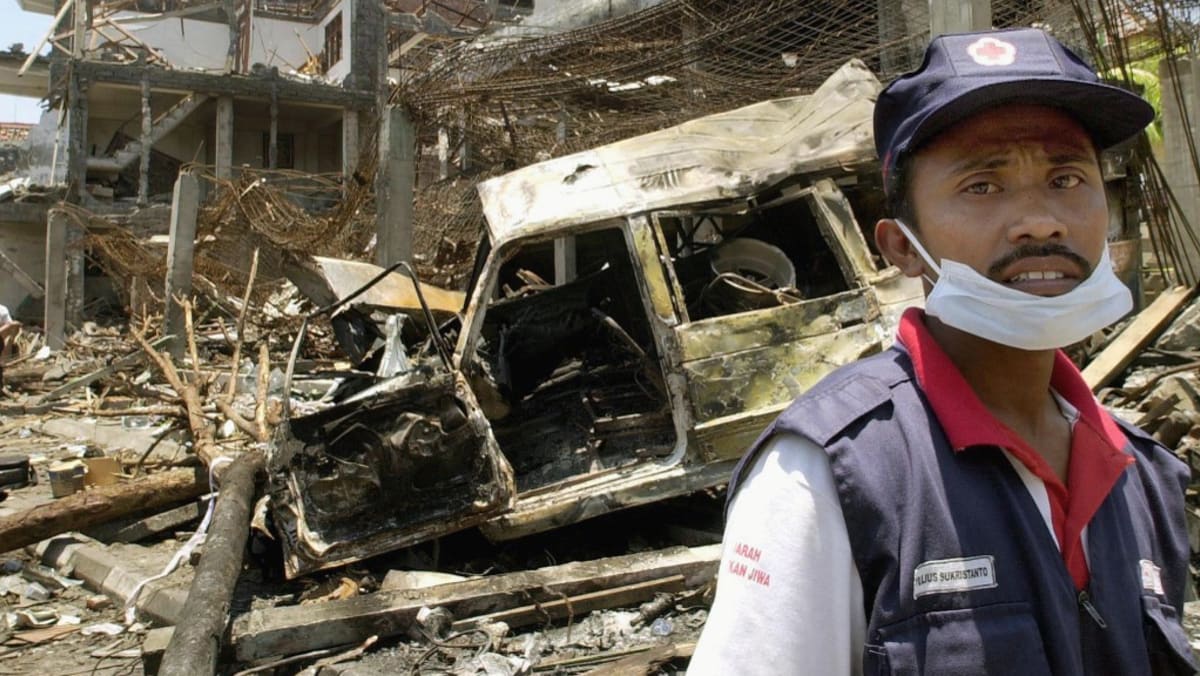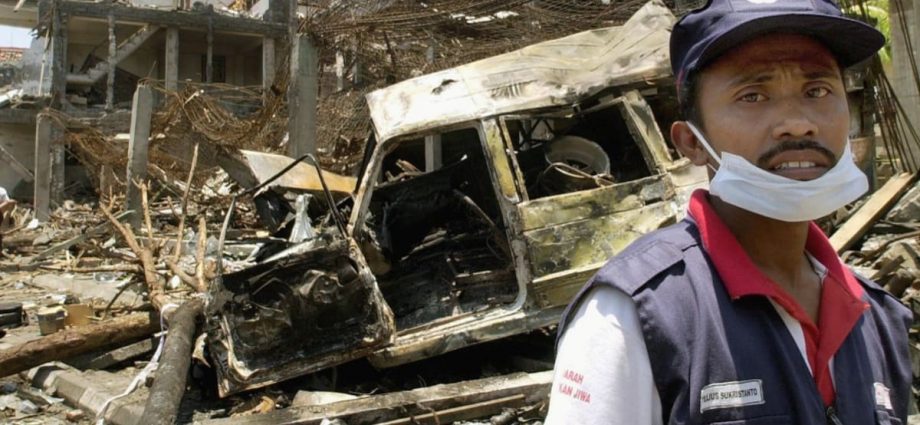
The absence of a legal umbrella to investigate and prosecute cases of terrorism prompted the administration of then-president Megawati Sukarnoputri to hastily formulate a government regulation in lieu of law on the eradication of terrorism.
The regulation was enacted on Oct 18, 2002, just six days after the bombings. In March the following year, the Indonesian parliament unanimously voted to adopt the regulation as a permanent law.
The move marked the beginning of Indonesia’s war on terror. Over the course of two decades, thousands of suspects were either apprehended or gunned down by authorities. Meanwhile, efforts were being made to contain the terrorists’ radical ideologies from proliferating further.
However, Indonesia’s war on terror was not without consequences.
As the authorities began closing in on JI, more attacks were launched as retaliation. These included the bombing of the JW Marriott hotel in 2003, the attack on the Australian embassy in 2004 and the second Bali bombings in 2005. They cost the lives of 12, nine and 23 people, respectively.
Through the arrests and killings of some of its figureheads, JI was eventually weakened, leaving the rest of the network in disarray and pushing members underground.
Several of these former JI militants would go on and form their own terrorism groups like Jamaah Ansharut Tauhid (JAT), Jamaah Ansharut Daulah (JAD) and Eastern Indonesian Mujahidin, all of which would later launch their own attacks.
MAJOR BREAKTHROUGH
In his 2017 book “Misi Walet Hitam” (Black Swift Mission) about the hunt for the 2002 Bali bombing suspects, retired police general Arif Wachyunadi wrote that investigators finally made a breakthrough on Nov 2, 2002.
They stumbled upon a charred roadworthiness certificate beneath the rubble and debris near the site of the blast.
The document came from a white Mitsubishi van that the terrorists had used to launch a car bomb attack against a nightclub on Legian Road. The vehicle was packed with hundreds of kilograms of explosives.
Wachyunadi wrote that police were able to ascertain the identity of the last owner of the van, a JI operative named Amrozi bin Nurhasyim. Amrozi was arrested three days later on Nov 5, 2002 at his home in Lamongan, East Java.

